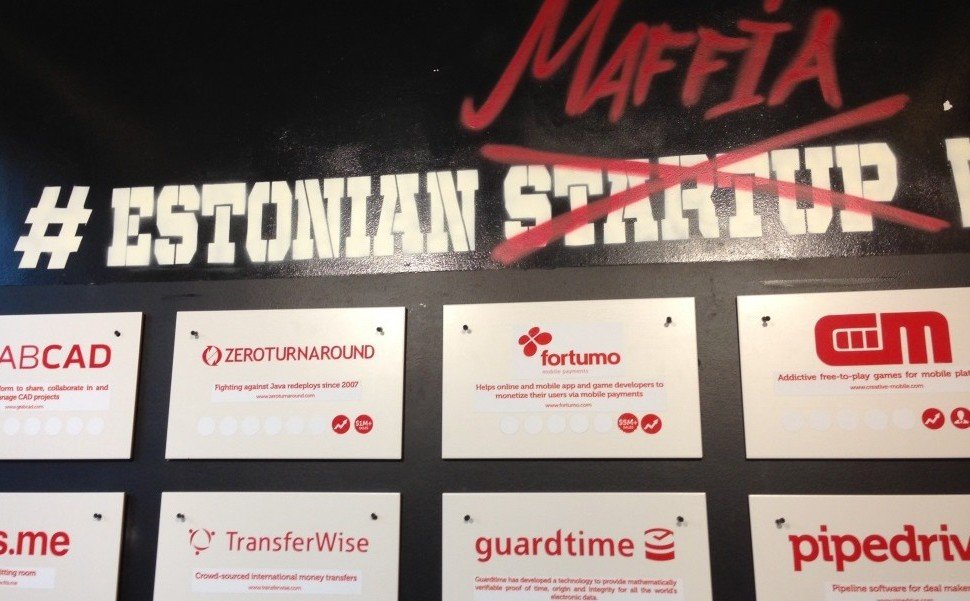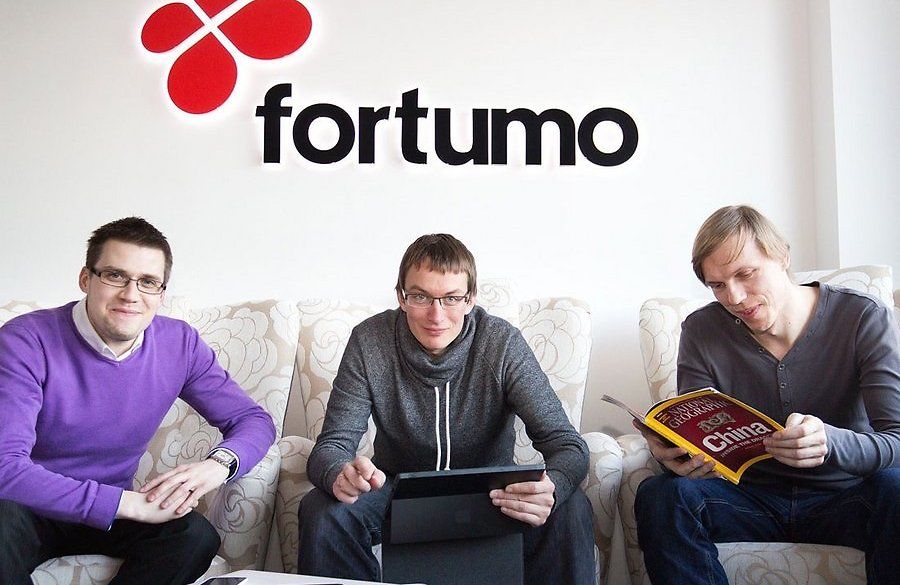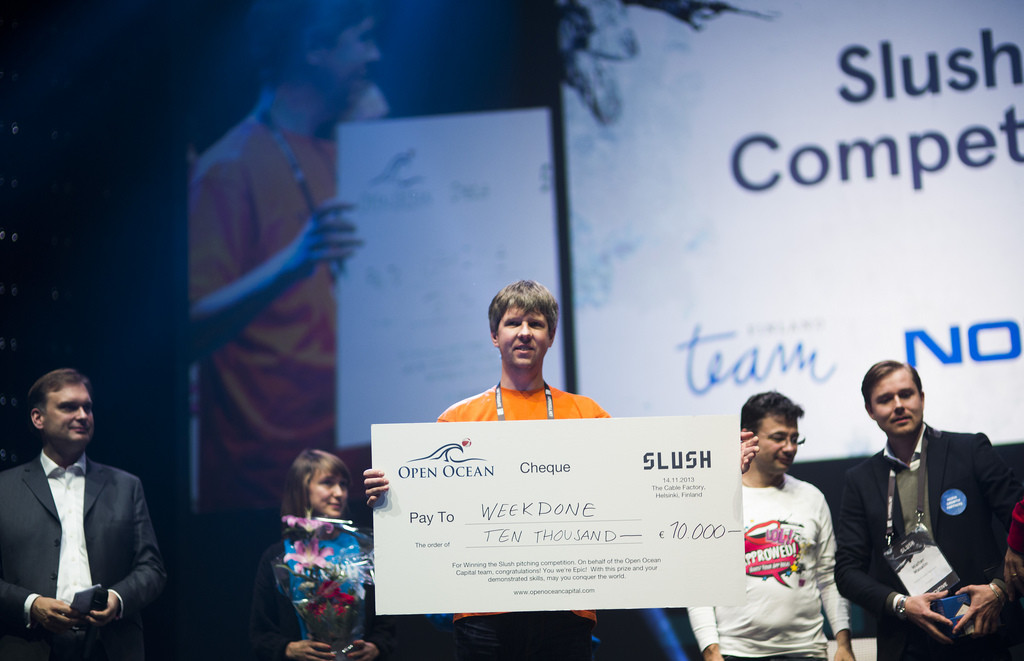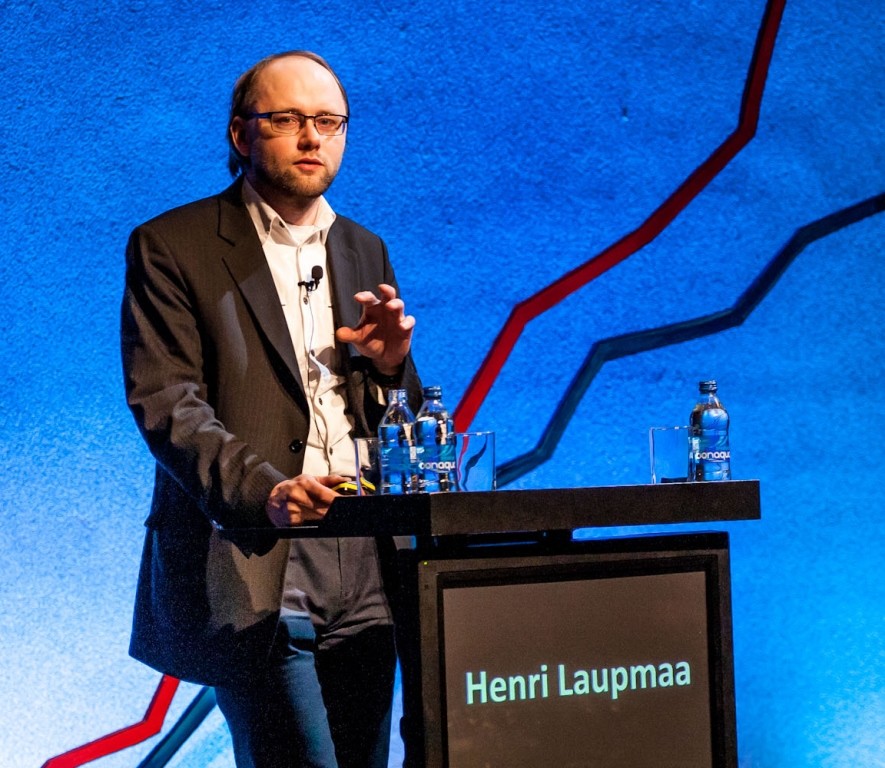Estonia has long produced entrepreneurs. From Ernest Hemingway’s 1937 assertion that there are “at least two” Estonians in every port of the Southern waters, to Mark Andreessen’s 2015 tweet that, at VC firm Andreessen Horowitz, a “few factors get us as excited as Estonian founders”, enterprise is in Estonia’s DNA.
When the Estonian Development Fund commissioned a recent report about the state of entrepreneurship in Estonia, the local startup ecosystem ranked well – in the 21st position out of a global index of 120 countries. But the report also highlighted that hatching new companies is not enough. Capitalising on this intrinsic entrepreneurial spirit requires more fledgling Estonian businesses to become large enough to employ others and really contribute to national economic growth.
As local startups get big enough to start recruiting teams, founders move from seeking partners and co-founders to hiring employees. But are these two things really such different beasts? Could employing entrepreneurs be the springboard that sees more Estonian startups rising through the ranks and joining the Estonian Mafia hall of fame?
CoFounder Magazine, dedicated to the Northern European startup scene, recently asked some successful founders, cofounders and friends of the Estonian startup ecosystem about their thoughts on employing other entrepreneurs in their businesses.
Entrepreneurs create value
So why might hiring an entrepreneur cause sleepless nights? A friend of the Estonian startup ecosystem and founder of gaming company Boomlagoon, Antti Sten, sums it up well:
“I suppose one reaction to this question would be to assume entrepreneurs will never be happy with a ‘normal job’, while the other would be to think that an entrepreneur would have so much experience on things that can’t be taught, that they would be a valuable asset. Both are valid points to consider, but it’s not that black and white.”
So how do our founders decide? Rain Rannu, the founder of the Fortumo mobile payments service, believes that hiring an entrepreneur can kickstart a business as you’re hiring someone who can create products, markets and value from scratch:
“It may sound counterintuitive, but in fact, in a lot of cases, I prefer to employ entrepreneurs. In every company, two kinds of people are needed – the ones who are good at managing existing business and the ones who are able to create new things.”
“While entrepreneurs are not necessarily great for managing day-to-day activities, it is near impossible to launch a new product or business line without an entrepreneur driving it!”
Markus Villig of Taxify agrees that hiring entrepreneurs can help drive the business forward, as long as you embrace and encourage their independence:
“Entrepreneurs are typically independent and not specialists, so they don’t fit into regular organisations for more than a few months. If you are launching a new product where the manager has a lot of freedom, then someone with an entrepreneurial drive is the best bet.”
Jevgeni Kabanov, the CEO of Zeroturnaround, says he’s “hired clever folk and let them do their best. Success ensued. Eventually.” And among those clever folk were there some entrepreneurs? You bet.
“Anything in product management or product marketing requires entrepreneurial thinking – being able to understand markets, identify opportunities and bring people together to pursue them.”
“Certainly anyone who had experience creating and/or running the business brings along some very valuable experience.”
Entrepreneurs understand the difficult decisions
 Sten Tamkivi, a co-founder of Teleport, has made a business of helping people move round the world to find rewarding work in a place where they can make more, spend less and live happy. Of the first 11 employees at Teleport, over half had founded companies themselves and had direct experience in building products from scratch. For Tamkivi, this meant that in addition showing their own drive, they have already walked in his shoes:
Sten Tamkivi, a co-founder of Teleport, has made a business of helping people move round the world to find rewarding work in a place where they can make more, spend less and live happy. Of the first 11 employees at Teleport, over half had founded companies themselves and had direct experience in building products from scratch. For Tamkivi, this meant that in addition showing their own drive, they have already walked in his shoes:
“No matter if they succeeded or failed before, I know they have a strong internal drive and can self-motivate, but have a lot of humility about how hard it is to do what we do.”
“Entrepreneurs know how to operate with limited resources and make tough prioritisation choices.”
“And even if former founders are in an employee role now, I know that they still have a lot of empathy for some of the hard decisions I need to make as a CEO. It is much easier to have frank conversations on some complex topics.”
Hiring entrepreneurs means hiring partners, not employees
Kristjan Tamm’s Rentmarket is currently riding high at 170% of target funding achieved through Fundwise. On hiring an entrepreneur, he says:
“Hiring an entrepreneur is actually hiring another co-founder, no matter what stage your company is at. Keep this in mind, even when you both try to hide it. An entrepreneur will always be an entrepreneur, but we should embrace that and not be afraid.”
Jüri Kaljundi, a co-founder of an impressive array of enterprises, including most recently the team communication and productivity platform, Weekdone, and the events and co-working space for entrepreneurs, Garage 48, says he aims to hire people who are “one-man startups in themselves”:
“Each of our eight team members is like a mini-entrepreneur in that sense. Be it design, marketing or sales, they all must decide like a founder what are the things that might give the best results, then experiment daily and find things that work.”
“That is very similar to entrepreneurs: having a laser-like focus of doing a few things well. Each of our employees must do that daily as well. Because of that: yes, hiring entrepreneurs is always a great idea. They just get things done on their own.”
Jakob Saks, a co-founder of several companies – including the dirt bike product manufacturer, Rabaconda, and Tallinn restaurants Foody Allen and Neikid – observes that working with entrepreneurs is a long-term relationship, but it needs to evolve and grow over time:
“Entrepreneurs like to build stuff for themselves. You work together with an entrepreneur as partners. If you complement each other, then even though they have a tendency to leave faster than other employees who might be looking for salary safety, entrepreneurs can be life-long business partners.
“It’s not just about this short term working arrangement, but about future ventures, partnerships and spin-offs.”
Of course, it’s not as simple as “hire more entrepreneurs”. Henri Laupmaa of funding platforms Fundwise and Hooandja says:
“I would hire an entrepreneur if the person is the right type for the organisation. It is very hard to say anything about people just saying they are entrepreneurial, there are lots of characteristics one has to consider beside this.”
Which brings us neatly back to Antti Sten:
“I think entrepreneurialism is a merit just like any other. Maybe you have three doctorate degrees, maybe you’ve been in the same company for 20 years, maybe you’ve been part of a company that went bankrupt, maybe you’ve made millions from your last company. All these are things that can be seen as ‘worrying’ or ‘positive merits’, depending on what kind of assumptions you make.”
“But instead of making assumptions, ask them. So yes, I would hire an entrepreneur. Not just because they are one, but if that merit combined with their other merits and personality is exactly what we’re looking for.”
I
Cover: Estonian entrepreneurs at Latitude59 conference.







